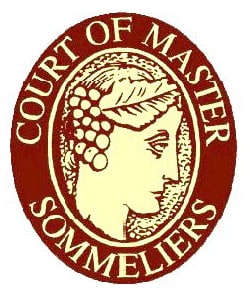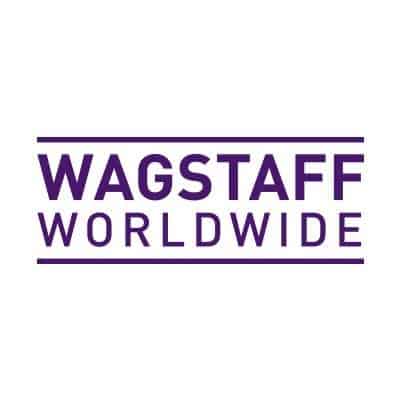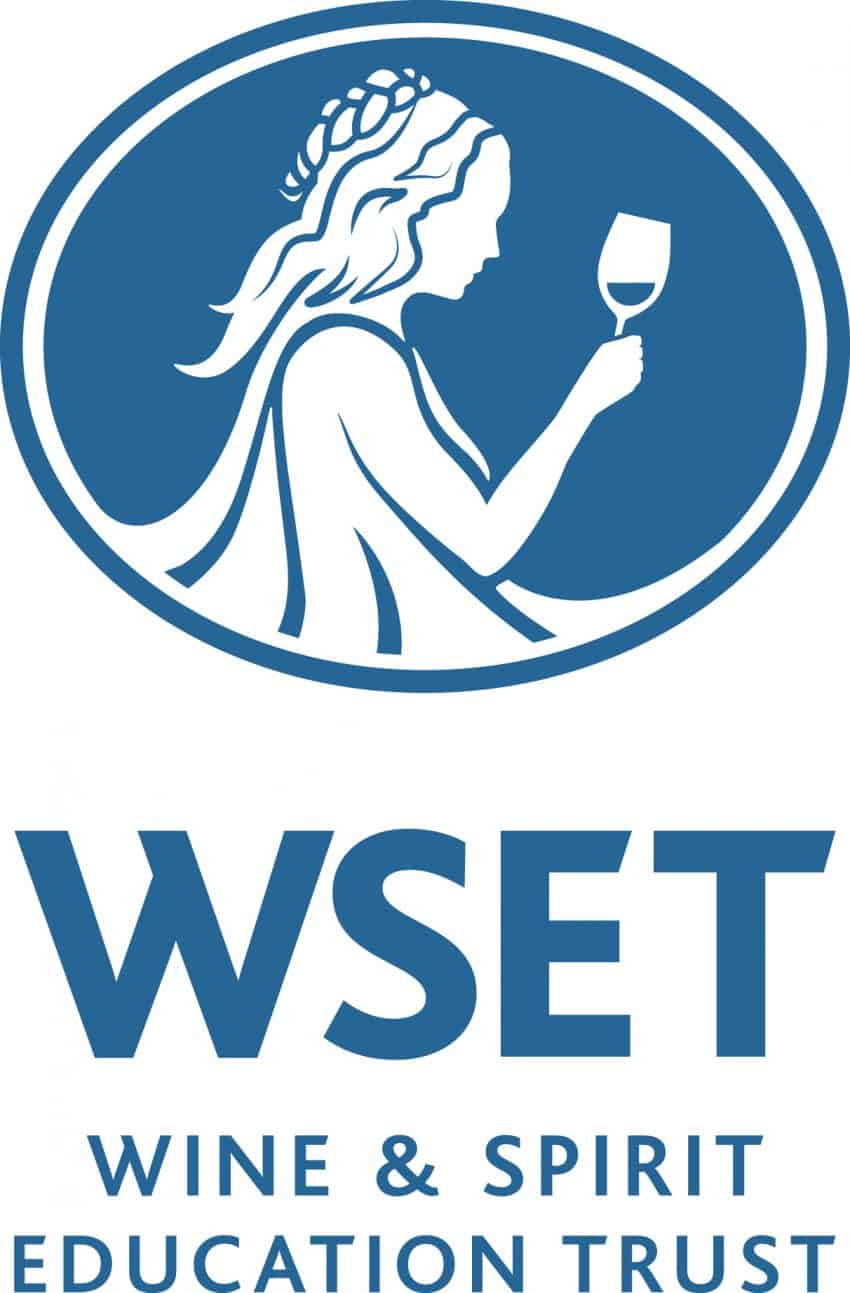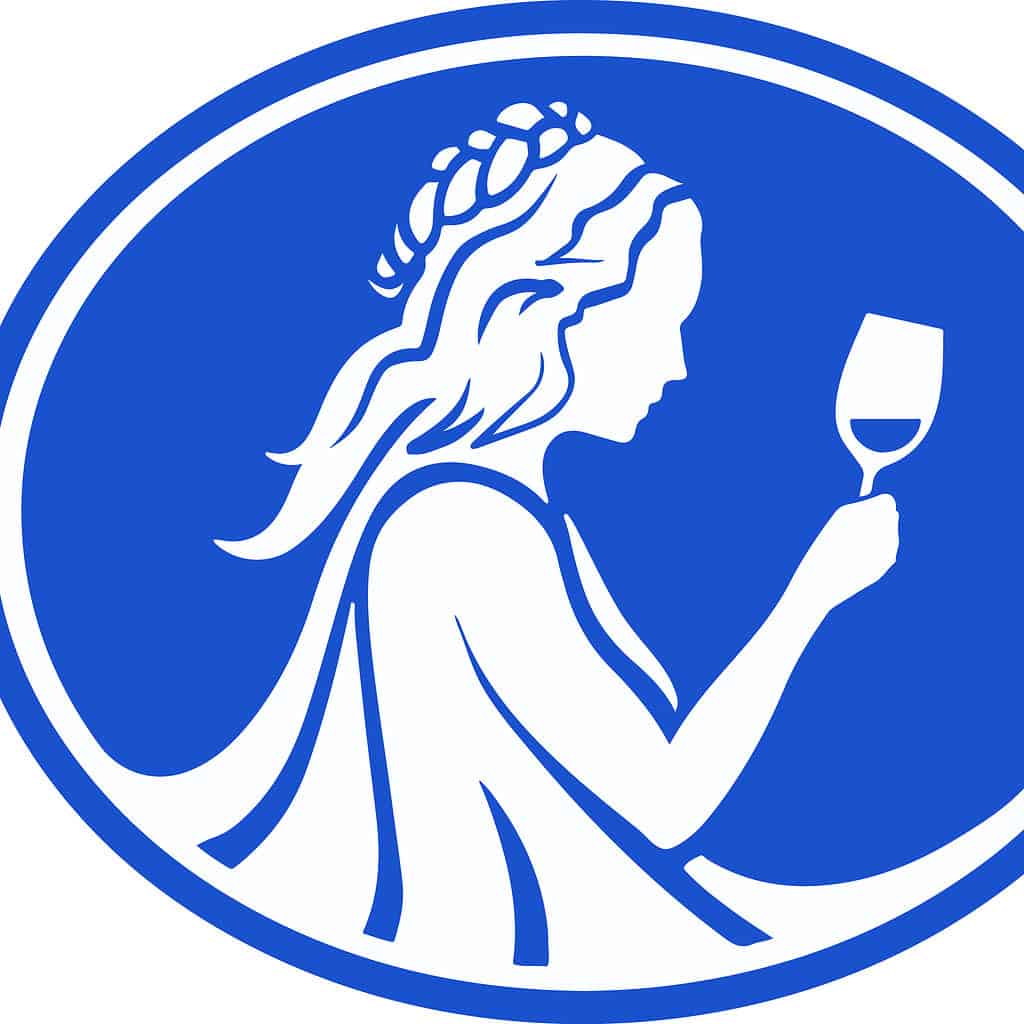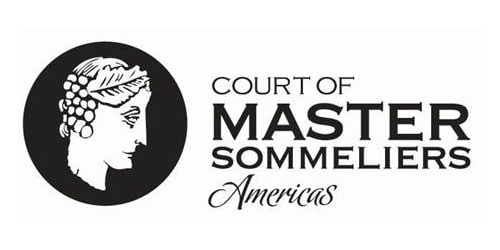For the current scandals plaguing the CMS– including charges of racism and sexual violence– please refer to this page: Master Sommelier Scandals.
The press release from the Court of Master Sommeliers, dated July 17th, 2019:
In a move that has effectively shut out wine enthusiasts and career changers, the Court of Master Sommeliers, Americas (CMS-A) has updated its application rules to limit access to its Advanced programs exclusively to those currently working in the restaurant, hospitality, or beverage industry. This shift—announced in a press release dated July 17, 2019—marks a stark departure from the CMS-A’s previous openness to a broader range of candidates.
These changes arrive amid a backdrop of serious allegations facing the organization, including charges of racism, sexual misconduct, and systemic exclusion.
From Open Door to Closed Ranks
Since 2015, CMS-A has relied on a multi-part application process for entry into its Advanced programs, including work experience documentation, Master Sommelier recommendations, and an online theory test known as the Knowledge Survey. A committee of eight Master Sommeliers reviewed applications annually, devoting approximately 170 hours to the process.
That process is now gone.
According to the new policy, applicants must not only have passed the Certified Sommelier Exam by October 1, 2019, but also meet strict employment criteria:
- To apply for the Advanced Course, candidates must have at least two years of restaurant industry experience in a service or sales role within the past seven years.
- To apply for the Advanced Examination, candidates must show three years of such experience within that same time frame.
- In both cases, current employment in the restaurant, hospitality, or beverage industry is mandatory.
Even candidates who completed the Advanced Course or Exam in prior years must be employed in the industry to continue.
A third-party screening agency, AccuSource, will handle employment verification.
The New Gatekeeper: Sommelier Knowledge Assessment
Once basic eligibility is confirmed, candidates must take a newly introduced Sommelier Knowledge Assessment, a written exam designed to test theory, tasting, and practical skills. This replaces the less formal online Knowledge Survey. Administered by Pearson VUE at over 5,000 locations worldwide, the exam aims to reduce fraud and increase standardization.
Only the top 150 scorers on the Knowledge Assessment will be invited to take the Advanced Course. The top 216 will be allowed to sit for the Advanced Examination. CMS-A says these numbers reflect available seats in 2020 and that percentile rankings will be shared with all applicants for transparency.
Applications for the 2020 cycle opened October 1, 2019, and closed November 13, 2019. No late applications were accepted.
Equity or Exclusion?
The CMS-A positions this overhaul as a way to increase objectivity and transparency, promising that “regardless of who they might know, where they may have worked, or how many times they have applied,” eligible candidates will have a fair shot. The organization emphasizes that traditional forms of preparation—like mentorship, regional wine travel, and competitions—remain vital to success.
But to critics, the changes signal a tightening of the gates. By mandating current industry employment, the Court has alienated serious students of wine who work outside the restaurant world. Those seeking to pivot into wine—educators, retailers, importers, and passionate independents—are now effectively barred from advancing through CMS-A’s highest levels of certification.
In theory, the policy is about fairness. In practice, it draws a sharp line between those inside the system and those out.

